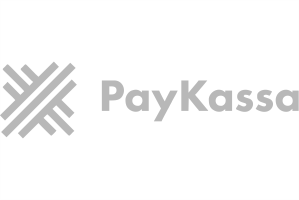| Name of service | Bronze | Silver | Gold |
|---|---|---|---|
 Reservation of a company name Obtaining approval from the registrar by company name
Reservation of a company name Obtaining approval from the registrar by company name
|

|

|

|
 Company incorporation Preparation of a full package of documents depending on the chosen form of ownership, communication with authorities on all matters during the registration
Company incorporation Preparation of a full package of documents depending on the chosen form of ownership, communication with authorities on all matters during the registration
|

|

|

|
 Set of constituent documents Preparation of a full package of constituent documents of the company of any form of ownership in accordance with the laws of the jurisdiction
Set of constituent documents Preparation of a full package of constituent documents of the company of any form of ownership in accordance with the laws of the jurisdiction
|

|

|

|
 Legal address for 1 year We provide a legal address for your company in this jurisdiction, eliminating the need to purchase or rent a property
Legal address for 1 year We provide a legal address for your company in this jurisdiction, eliminating the need to purchase or rent a property
|

|

|

|
 Opening of an account Preparation of necessary package of documents and opening an account
Opening of an account Preparation of necessary package of documents and opening an account
|

|

|

|
|
Total cost
|
1700 USD | 2850 USD | 4850 USD |
|
Provision of a legal address for 1 (one) year
|
1200 USD | 1200 USD | 1200 USD |
|
Remote company registration with transfer of authority
|
400 USD | 400 USD | 400 USD |
|
Accounting services
|
155 USD | 155 USD | 155 USD |





















